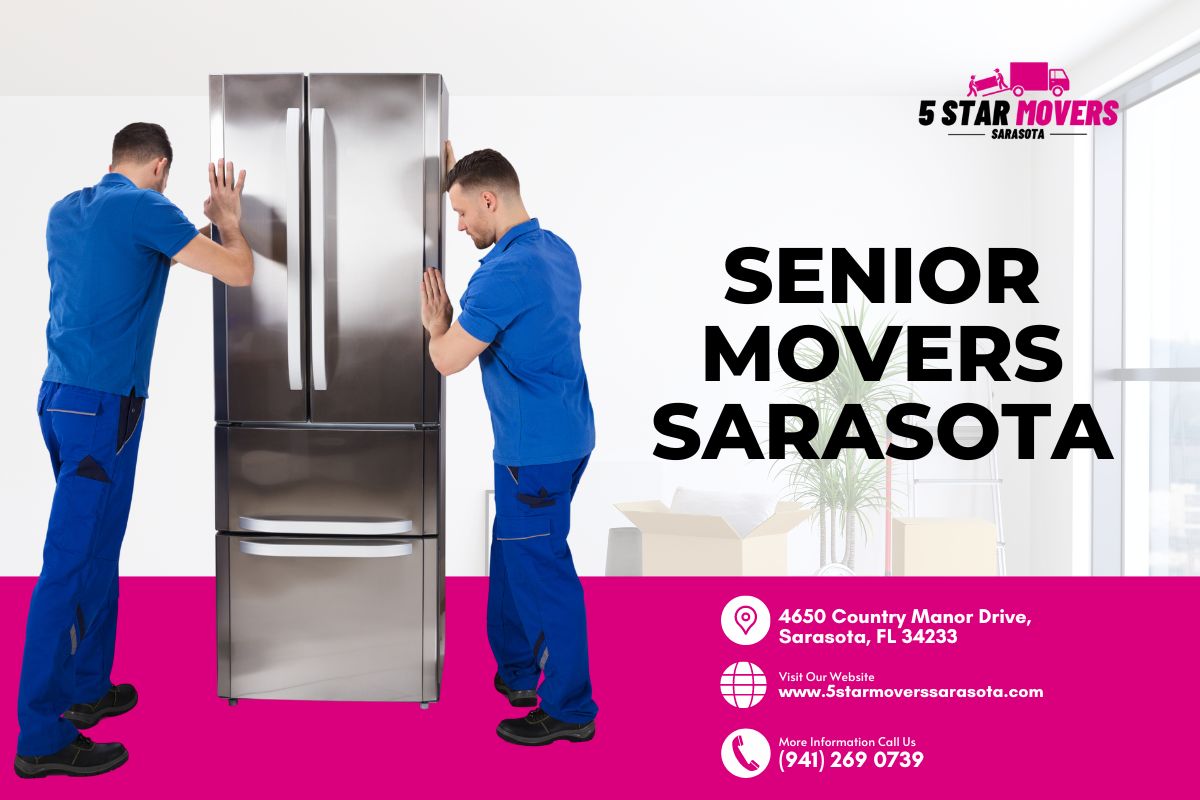


Introduction
Moving offices can be a challenging task, requiring careful planning, coordination, and effective communication. In order to ensure a smooth transition, it is essential to establish proper office moving etiquette when communicating with clients and suppliers. This article will provide valuable insights and tips on how to effectively communicate during the office moving process, ensuring minimal disruptions and maintaining strong relationships with stakeholders.
Office Moving Etiquette: How to Communicate with Clients and Suppliers
Moving offices involves more than just physically relocating furniture and equipment. It requires a comprehensive approach that includes effective communication strategies. By following these guidelines, you can navigate the complexities of office moving while maintaining positive relationships with your clients and suppliers.
Why is Communication Important in Office Moving?
Clear and open communication is vital during the office moving process. It ensures that all parties involved are well-informed about the relocation plans, minimizing any misunderstandings or disruptions. By effectively communicating, you can address concerns, manage expectations, and maintain trust with clients and suppliers.
Setting Clear Expectations
Communicating the Timeline
One of the first steps in office moving etiquette is to establish a clear timeline for the relocation process. Inform your clients and suppliers about the intended dates for packing, transportation, and unpacking. This will allow them to plan their own schedules accordingly.
Notifying Clients in Advance
To avoid any surprises or inconveniences, it is crucial to notify your clients well in advance about the upcoming office move. Provide them with detailed information about the reasons behind the relocation, expected timelines, and any potential impact on their services.
Providing Regular Updates
Throughout the office moving process, keep your clients and suppliers informed by providing regular updates on progress. This will help alleviate any concerns they may have and demonstrate your commitment to transparency.
Effective Communication Channels
Utilizing Technology
In today's digital age, there are numerous communication channels available to facilitate office moving. Utilize email, instant messaging platforms, or project management tools to streamline communication and ensure that everyone is on the same page.
Conducting Face-to-Face Meetings
While technology can be efficient, face-to-face meetings are still valuable when it comes to important discussions or negotiations. Schedule meetings with key clients and suppliers to address any specific concerns, answer questions, and maintain a personal connection.
Addressing Concerns and Mitigating Risks
Being Proactive in Risk Management
Office moving http://claytonsrsu648.huicopper.com/office-moving-tips-for-retail-businesses-minimizing-disruptions-to-customer-service comes with inherent risks, such as potential disruptions in services or delays in deliveries. Communicate your risk management strategies to clients and suppliers, showcasing your commitment to minimizing any negative impacts.
Providing Alternative Solutions
In the event of unforeseen challenges during the office move, be prepared with alternative solutions. Communicate these options to your clients and suppliers, demonstrating your ability to adapt and maintain continuity in business operations.
Maintaining Professionalism
Responding Promptly
Timely responses are crucial during the office moving process. Ensure that you promptly address any inquiries or concerns raised by clients and suppliers. This will foster a sense of trust and reliability in your professional relationship.
Managing Expectations
Clearly define the scope of work and deliverables during the office move. Avoid overpromising and underdelivering by setting realistic expectations from the beginning. This will help maintain credibility and avoid potential disappointments.
FAQs
Q: Will my clients experience any disruptions during the office move? A: While some temporary disruptions may occur, we have implemented measures to minimize their impact on our clients. We will communicate any expected downtime well in advance and provide alternative solutions where possible.
Q: How can I ensure that my suppliers are aware of the office relocation? A: It is essential to notify your suppliers as early as possible about the office move. Provide them with detailed information, including the new address, contact person, and any changes in delivery procedures.
Q: What if my clients have specific requirements or concerns during the office move? A: We encourage open communication with our clients and welcome their input during the relocation process. Please reach out to our dedicated office moving team to discuss any specific requirements or concerns you may have.
Q: How can I reassure my clients that their data will be secure during the office move? A: Data security is a top priority for us. We have implemented stringent protocols to ensure the safe handling and transportation of all sensitive information. Rest assured that your data will be protected throughout the entire office moving process.
Q: Can I expect any delays in deliveries from my suppliers due to the office move? A: While we strive to minimize any disruptions, there may be slight delays in deliveries during the transition period. We recommend communicating your requirements to your suppliers well in advance to account for potential delays.
Q: How can I stay updated on the progress of the office move? A: We will provide regular updates via email and our designated communication channels. Additionally, our office moving team will be available to address any queries or concerns you may have throughout the entire process.
Conclusion
Effective communication is key when it comes to navigating the complexities of office moving while maintaining strong relationships with clients and suppliers. By setting clear expectations, utilizing effective communication channels, addressing concerns proactively, and maintaining professionalism, you can ensure a seamless transition and minimize disruptions. Remember that open dialogue and transparency are essential in building trust and preserving positive business relationships during this transformative period.